Donald Trump has threatened to impose tariffs worth hundreds of billions of dollars on Chinese imports to the US as a trade war between the world’s two largest economies. US tariffs on $34bn (£25.7bn) of Chinese goods have come into immediate effect. China retaliated by imposing a similar 25% tariff on 545 US products, also worth a total of $34bn. Mr Trump said the US might target Chinese goods worth $500bn - the total value of Chinese imports in 2017. President Trump announced in his election campaign that he will correct the BoP (balance of payment) tilt towards China when he will assume power. Beijing accused the US of starting the “largest trade war in economic history” and has lodged a case with the World Trade Organization (WTO). “Trade war is never a solution,” said Chinese Premier Li Keqiang.
How high are the stakes for India in a trade war scenario? In trade conflicts, there are no winners. A major factor behind the US-China trade war is winning at a $12 trillion technology — 5G. One of the key reasons behind the U.S.’s trade war with China is the desire to get ahead in 5G. Technology is seen as the backbone of everything from driverless cars to future cities. America and China are in a race to become the leader in 5G and set the standards that will define the next generation of mobile internet. It is being touted as a technology that could support the next generation of infrastructure, from the billions of internet-connected devices expected to come online in the next few years, to smart cities and driverless cars. 5G technology could be key to President Donald Trump’s pledge to “make America great again” and China’s ambition to be the world leader in artificial intelligence (AI) by 2030.
Too much protectionism ultimately constricts global growth. Nonetheless, here are some points to consider that will affect the Indian economy:
1) With Chinese growth being affected by trade wars, will it have an effect on commodity prices, especially metals?
China being the largest consumer of base metals, the current development should have a negative impact on the prices of base metals. Gold is a safe haven and should benefit. Crude oil too will bear the brunt, depending on the severity of the impact and the resultant slowdown in global growth.
2) In the backdrop of trade tensions, will lower base metal prices be good for India?
Not necessarily, as the revenues of companies will be adversely affected. However, the manufacturing sector may be benefited due to the cheaper availability of raw materials.
3) What happens to US crude oil if China does not buy it?
According to Wood Mackenzie, while China could secure crude oil from alternative sources such as West Africa which has similar quality as US crude, the US would find it hard to find an alternative market as big as China. However, if crude oil prices fall as a result, then other things stay the same, it will benefit India. “However, if lower oil prices are caused due to a full-blown trade war, its positive impact on the economy can get negated/limited due to other negative developments such as weaker confidence and/or disruption in global trade,” said Anubhuti Sahay, senior economist at Standard Chartered Bank. The Russian, and Middle East countries will take a huge beating due to a fall in the price of crude oil.
4) How badly can US protectionism hurt India?
There is a lot of uncertainty with respect to how the ongoing retaliatory tariff impositions between the US and China pans out, says economist Upasna Bhardwaj of Kotak Mahindra Bank, adding, “So, in that sense, investment across borders is likely to get impacted.”
5) Will the trade wars also affect capital flows?
Capital flows will be affected but that’s not due to trade tensions. “It is owing to the fact that the amount of easy money that was available due to quantitative easing is drying up,” says Madan Sab-navis, chief economist at CARE Ratings. The US Fed is in monetary policy tightening mode. A recent UNCTAD report says foreign direct investment has already slowed down.
6) Can India substitute Chinese exports to the US to some extent and therefore gain?
This could offer an opportunity for India. “India can become more competitive in segments such as textile, garments and gems, and jewellery since India already has an edge,” says Bhardwaj. However, this is doubtful in the short run because China’s exports to the US are much more diverse and it’s a tall order for India to fill the gap.
7) Will the rupee weaken further?
The rupee will weaken more on account of capital flows than the impact of trade problems, says Sabnavis. At the moment, economists do not foresee the currency breaching the psychological level of 70 per US dollar.
8) Will the effect on India be less as its economy is more domestic-oriented?
Don’t forget that our exports plus imports of goods and services constitute around 42% of GDP. Also, we have a current account deficit dependent on external capital inflows for financing. There is no question that economic growth and asset markets will be badly hurt by a full-blown trade war. The more important issue is the current global economic order is in danger of being dismantled, brick by brick. The ramifications will go far beyond trade—the impact on geopolitics, for instance, could be far more serious.
—Prashant Tewari, Editor-in-Chief







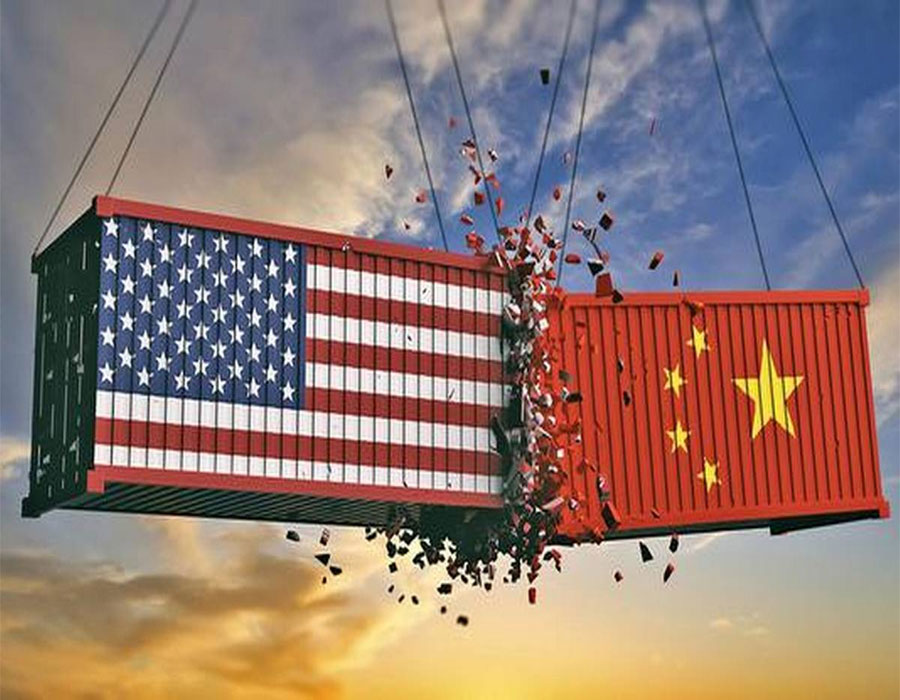
 OpinionExpress.In
OpinionExpress.In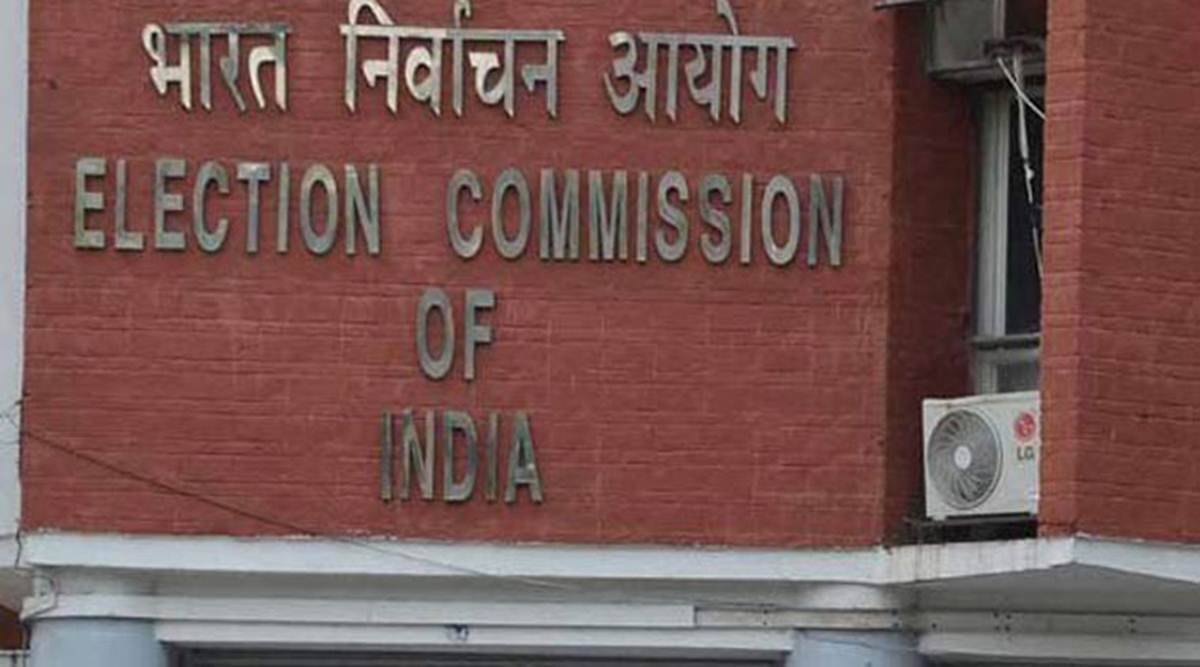
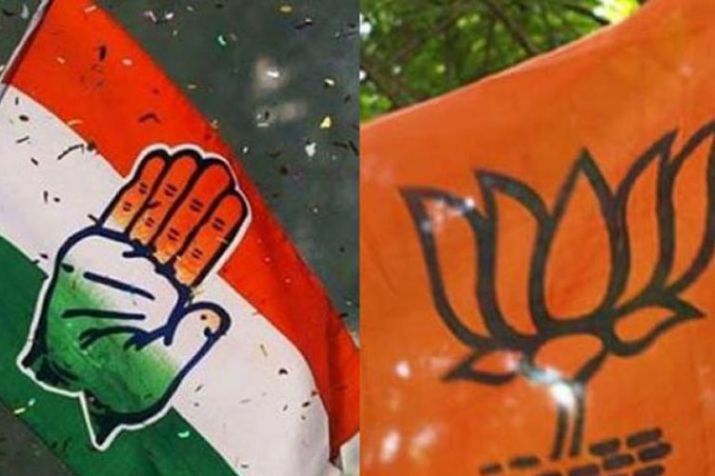

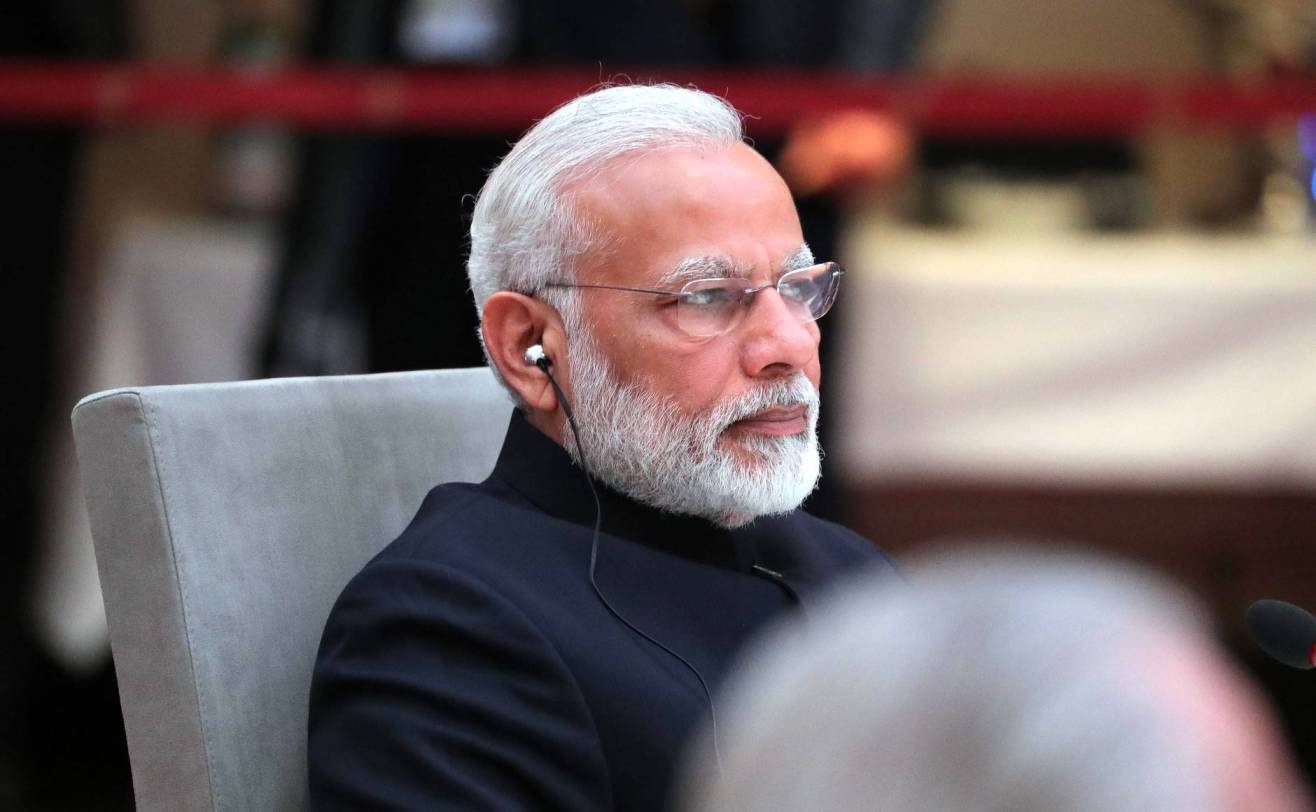





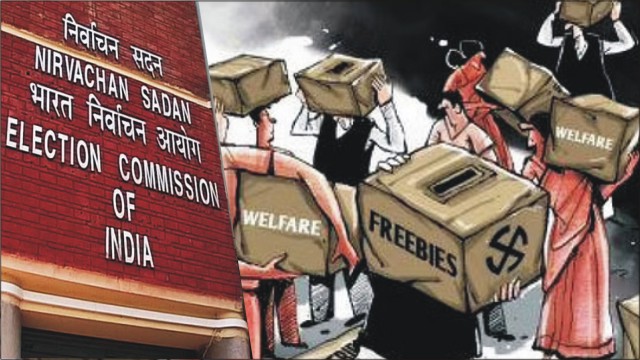






Comments (0)